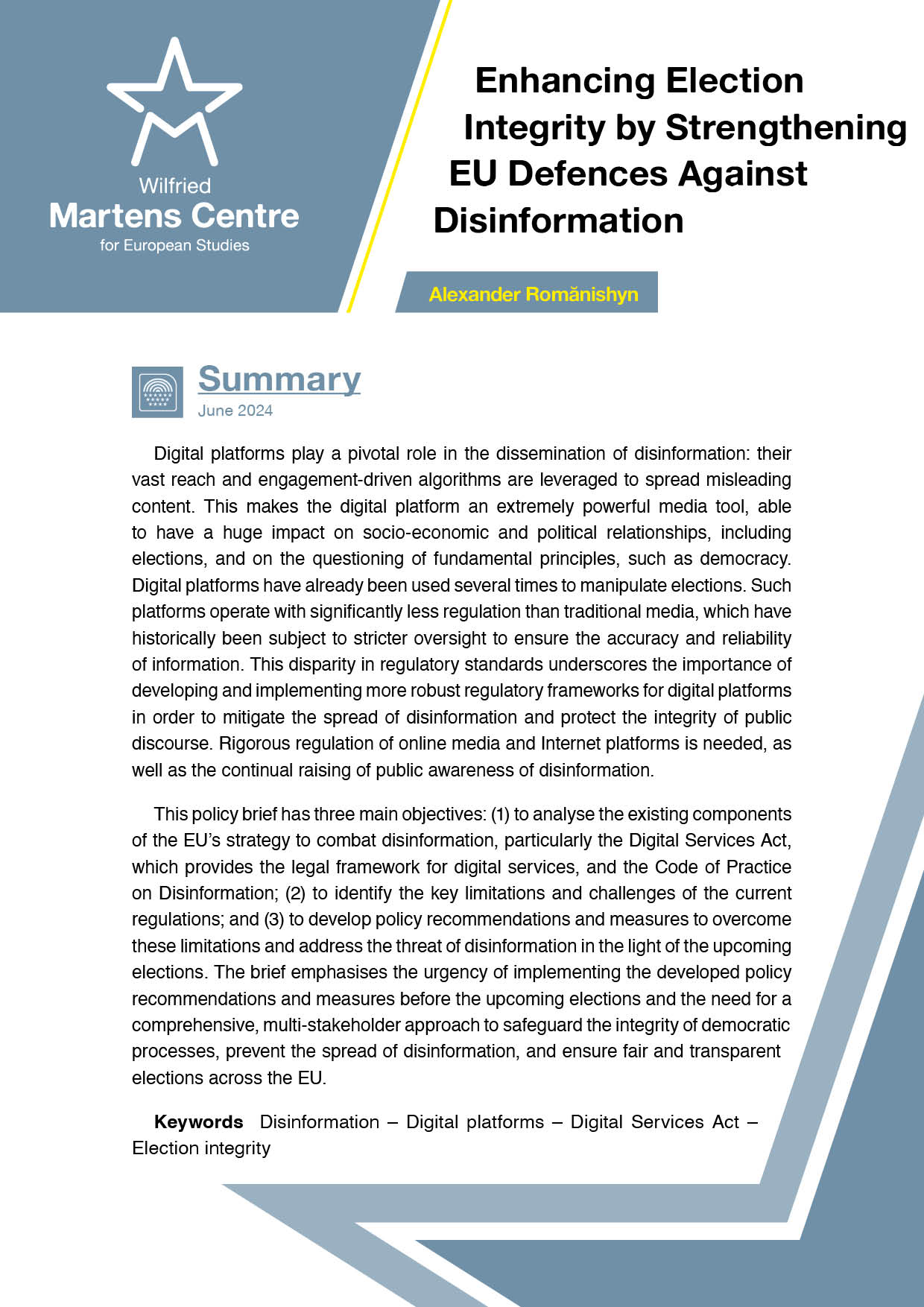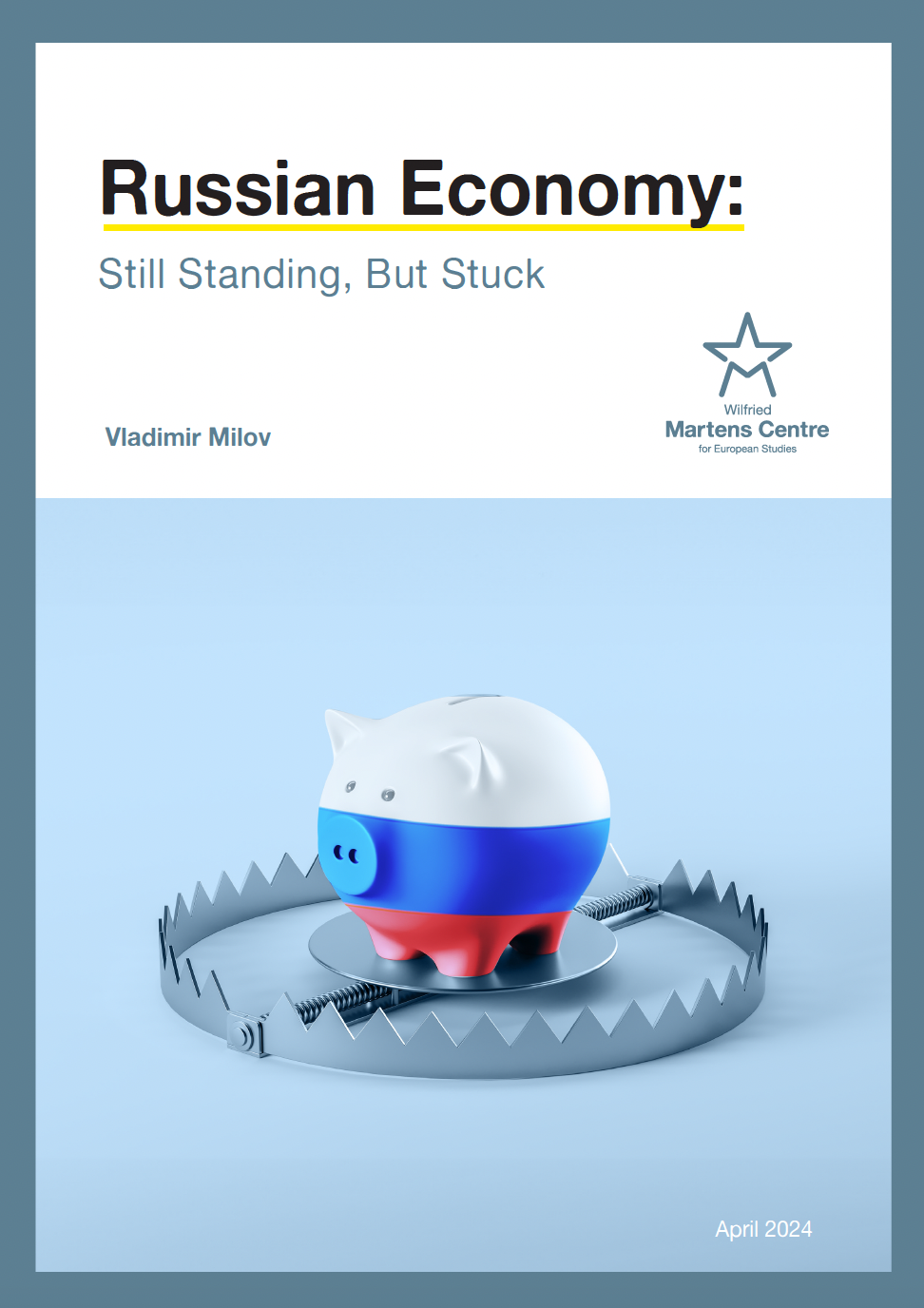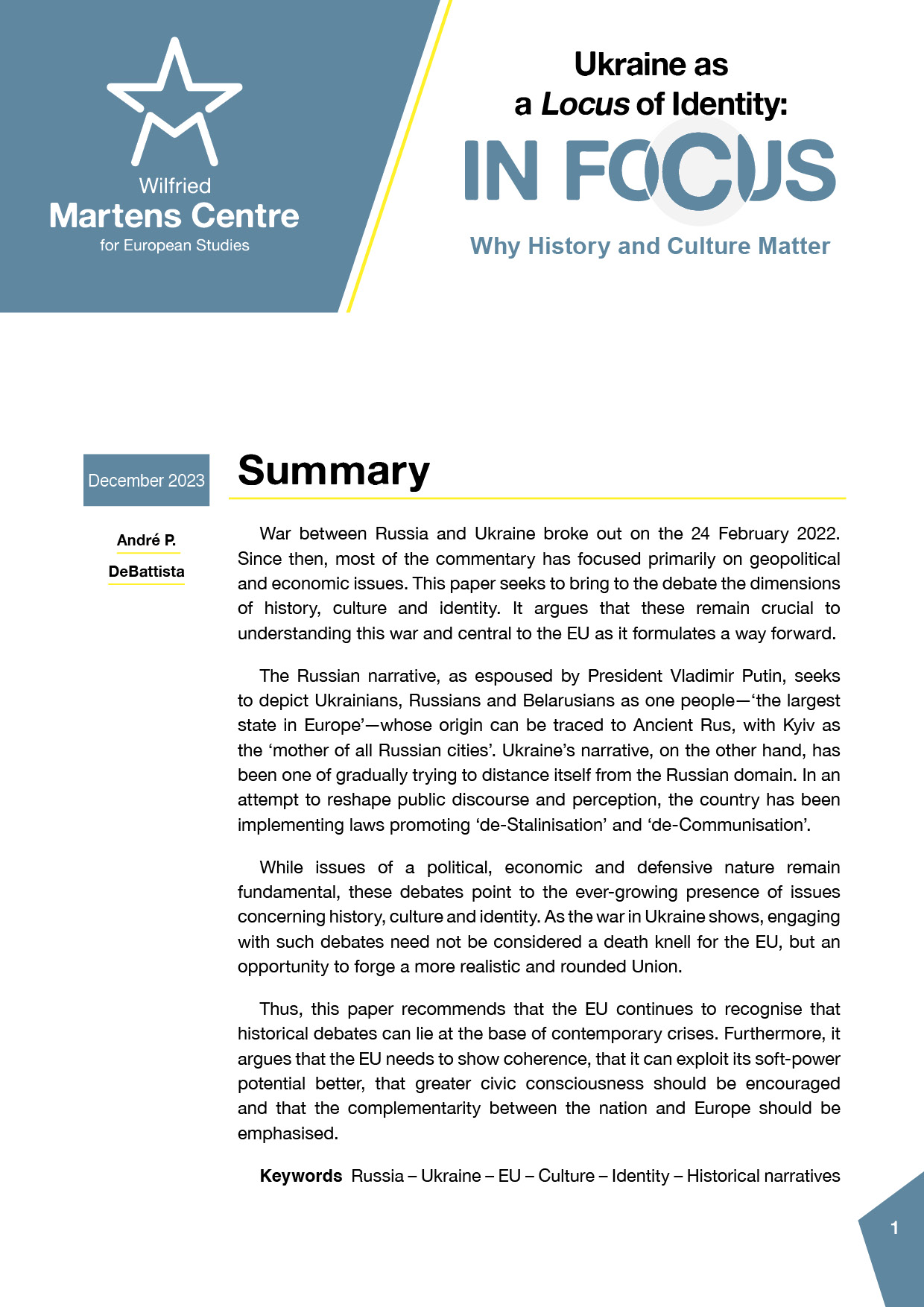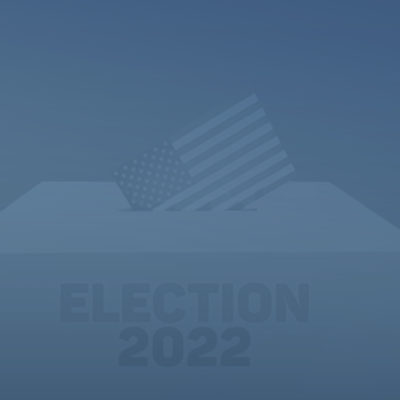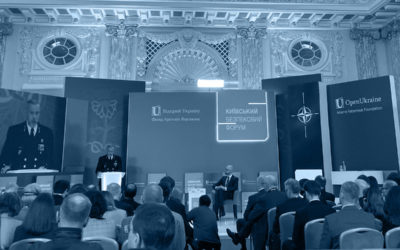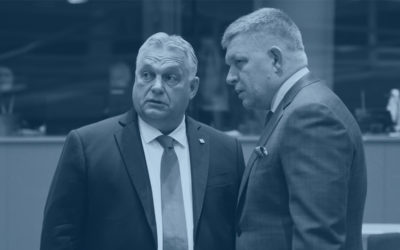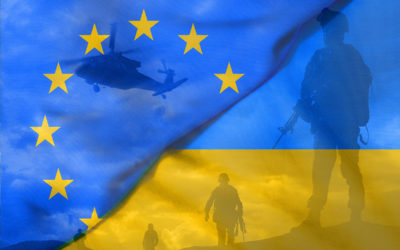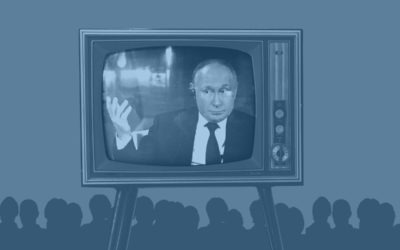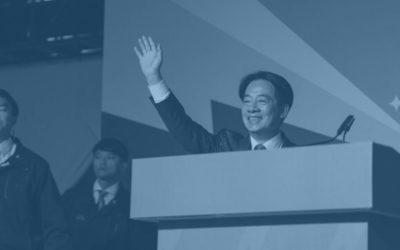Business as usual? Russian oligarchs and Russia’s parliamentary election
19 September 2016
Yesterday Russia had an election that yet again disappointed hopes for a functional and reasonable parliament instead of “the mad printer” (that adopted all inhumane and reactionary laws given to it by presidential administration), as the previous Duma was commonly known.
Taking a deeper look at the prospects of the Russian business community raising a political voice, or at least a whisper, some myths, popular among certain western policy makers, are revealed: a) there is a possible split of business elites and b) some private businessmen will surely want to defend themselves from crazy Kremlin adventures abroad.
The harsh reality is that an overwhelming majority of Russian business – from oligarchs and large corporations to small and medium entrepreneurs – remain politically loyal to the Kremlin and are therefore self-censored.
Oligarchs depend on contracts and favours from the State and have such a long and compromising history of engagement with the Kremlin’s criminalised bureaucracy that not a single one of them has dared to protest against Putin in the last decade. The bravest they can afford to do is to mildly criticise the puppet government of Prime Minister Dmitry Medvedev on its economic policies.
Small- and medium-sized enterprises (SMEs) have shown a bit more protest activity. Disparate regional movements of farmers, truckers and owners of small kiosks in the cities have protested against arbitrary use of power by regional authorities and they also went on hunger strikes and marches to Moscow.
But they have never properly – as a movement – dared to criticise Putin or the Kremlin administration or raised any significant political demands. In fact, many of them tried to appeal to a kind Tsar (to be read President). Owners of kiosks even put up portraits of Putin next to icons in shop windows, only to be demolished anyway if those in power decide so one day.
Western sanctions are quite superficial: they merely send the signal that the West is not continuing business as usual.
Western policy-makers should face an inconvenient truth that is difficult to accept: there is not going to be a split of elites. The monopolistic model of the state economy had already been in deep crisis long before Western sanctions against Russia over Ukraine started and oil prices collapsed.
However, the Russian government and businesses are reluctant to publicly admit this and they find ways to get by. Western sanctions are quite superficial: they merely send the signal that the West is not continuing business as usual (which would be outright appeasement) and they warn Russia of what more may come if the Kremlin continues to advance in Ukraine.
However, less than ten cronies of Putin feature on the US and EU sanctions lists: that is not enough to seriously change Russia’s aggressive foreign policy or lead to a split of elites. The superficial sanctions can reduce the Kremlin’s ability to execute its policies, but not change its overall course. The West has a choice to expand the individual sanction list to include hundreds of individuals, or introduce large-scale sector-wide sanctions (e.g. a ban on Russian oil and gas exports to Europe, as was with Iran).
However, in doing so, the West would risk seriously escalating the conflict with Russia, and Western policy-makers are currently incapable of this. Instead, it appears that the West is betting on the long-term game of patience and the slow strangling effect of mild sanctions—that are unlikely to bring about a change in the regime’s policies until several years have passed, and perhaps even a decade.
Hence, if stronger sanctions are not an option, then at least the current ones should be maintained for a long time to come.
ENJOYING THIS CONTENT?







